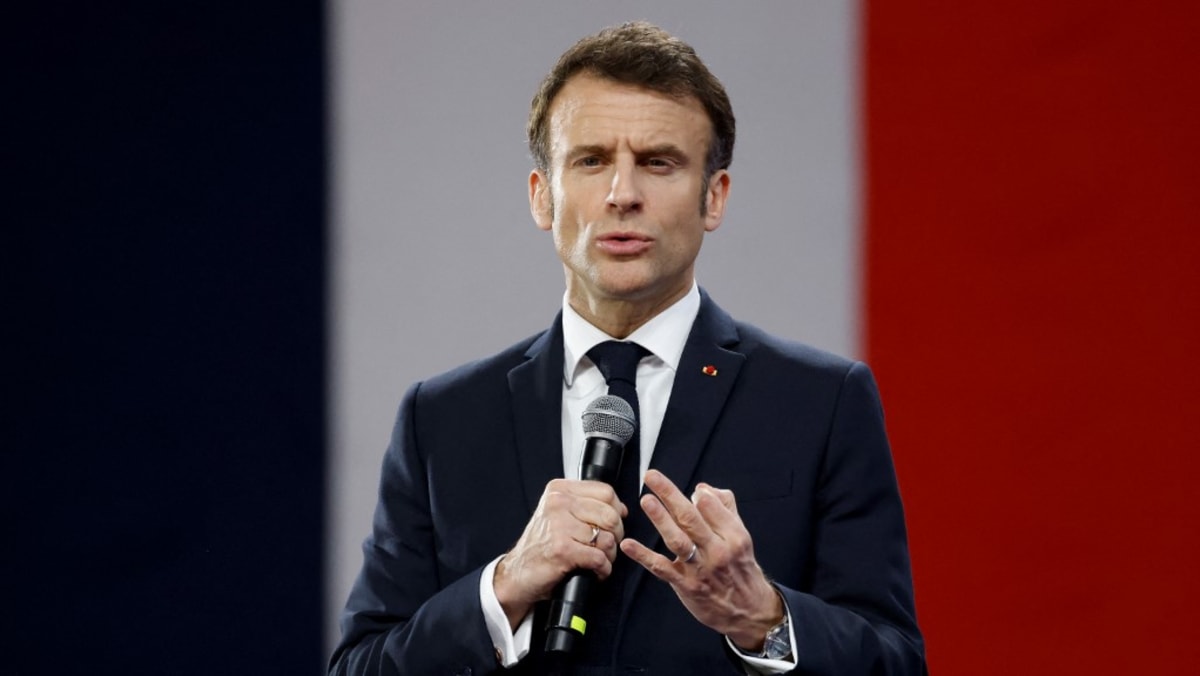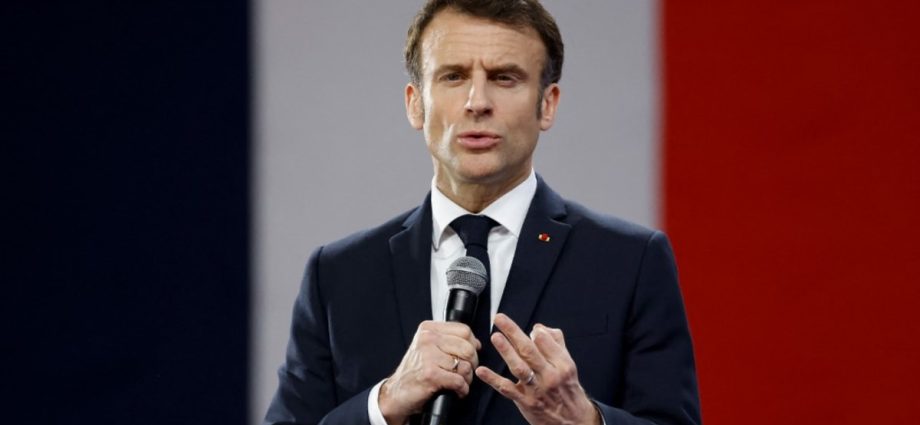
CAREFUL WORDS
Not only is Macron displaying continuity over a nearly six-year period, but his seems a reasonable point. Reflecting on the conversations that have been had recently in Australia about sovereign decision-making, why should we begrudge a country for wanting to contribute in its own way to the prevention of a major crisis in the Indo-Pacific?
Macron certainly expressed himself in a colourful and typically Francophone way – other than Scott Morrison’s brief dalliance with International Relations theory, you’d be hard-pressed to remember an Australian prime minister talking about events in international affairs “from a Gramscian perspective”. But the reaction to Marcon’s comments has also been typically – and disappointingly – Anglophone.
The French president’s statements are not some kind of Munich-lite appeasement speech, as former United Kingdom prime minister Liz Truss suggests. Nor can any one leader can speak for all members of the European Union. Macron’s comments were an expression of existing French policy.
The idea of a trading bloc the size of the European Union acting to balance against the potential aggression of a rising China should be greeted with interest and engagement. Unlike Australia, which until recently believed it could reasonably not make a choice between the United States and China, the EU’s economic heft make it far more able to do just this.
Macron’s government understands that a crisis in Asia would affect Europe. The French Indo-Pacific Strategy, unveiled by Macron at Sydney’s Garden Island in 2018, and updated in 2022, makes this point in its first pages. And the French military presence of more than 8,000 soldiers stationed in the Indo-Pacific, from Reunion to French Polynesia, is, of course, far higher a number than partners in London appear capable of providing.
Undoubtedly, world leaders should be careful about what they say, when, and how they say it. Yet as Australian Foreign Minister Penny Wong has said, talking to China is good.
Asserting that a war over Taiwan is in no one’s interest is correct. Deterrence can be an effective way of preventing war, but major arms races between superpowers have rarely ended peacefully.
Recent Australian governments of both persuasions have talked about welcoming like-minded engagement in the region. After reading the commentary of the last few days, you have to wonder if that only means minds that think in English.
David Vallance is a Research Associate at the Lowy Institute. This commentary first appeared on Lowy Institute’s blog The Interpreter.

